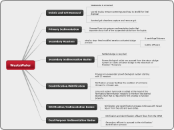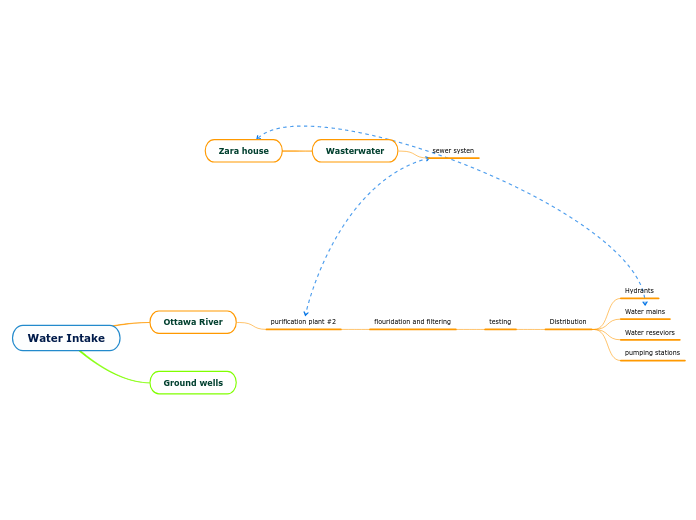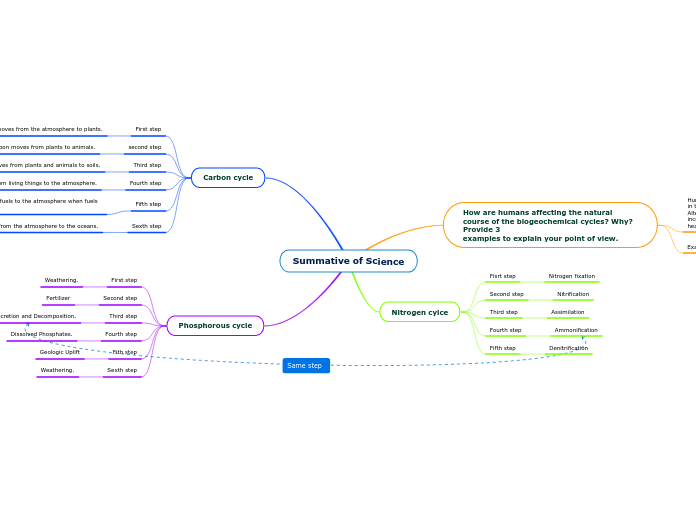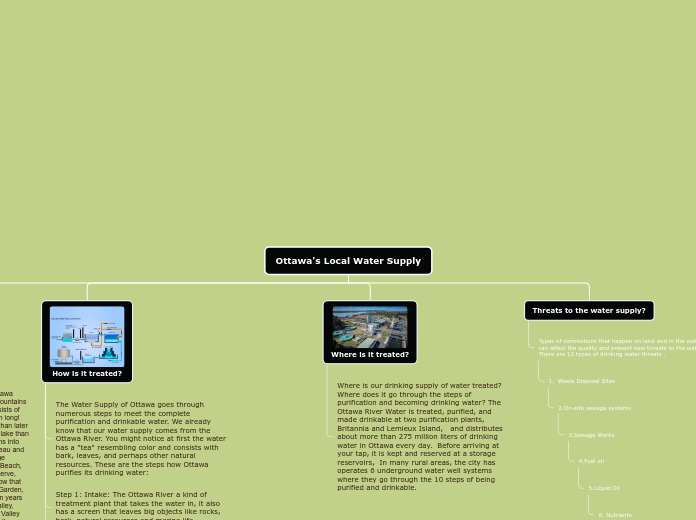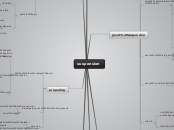por NyAsia Taylor 11 anos atrás
323
Clear Water
Wastewater treatment involves several crucial steps to ensure effective cleaning and purification before discharge. Initially, sewage enters primary sedimentation tanks where roughly half of the suspended solids are separated from the liquid.
